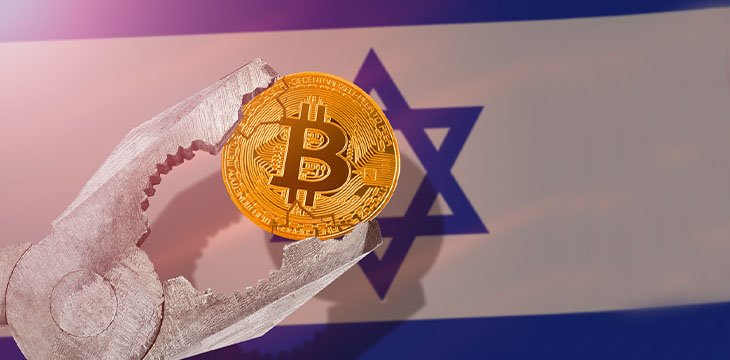Bank of Israel reveals plan for proposed stablecoin regulation, supervision
The Bank of Israel has released a consultation paper for regulating stablecoins in the country ahead of a full-scale push into digital assets. The central bank noted that the suggestions might be codified into law or will operate as rules issued by regulatory agencies with a preference for the latter.
Deputy Governor Andrew Abir heads the committee behind the document, having taken into consideration the legal, monetary, regulatory, and technological implications of stablecoins. In line with its constitutional authority of supervising payment mechanisms, Israel’s central bank hopes to mitigate the risks associated with stablecoins through proactive measures.
Top of the list in the document is the proposed prohibition of algorithmic stablecoins, uncollateralized assets that maintain their pegs using a set of specific instructions. The Bank of Israel’s concern with algorithmic stablecoins flows from the de-pegging of TerraUSD (UST), leading to the eventual collapse of the Terra ecosystem.
The central bank disclosed that it is keen on “borrowing” European regulations like the Markets in Crypto Assets (MiCA) legislation to supplement local laws. Other suggestions include establishing a requirement to ensure that reserved assets will cover 100% of the stablecoin’s liabilities and granting oversight functions to the Bank of Israel.
“In terms of the identity of the regulators, it is proposed that stablecoin issuers will require licensing: for a coin that does not have systemic importance, the licensing shall be by the Capital Market Authority; otherwise, the licensing shall be by the Banking Supervision Department,” read the document.
Under the proposals, stablecoin issuers are expected to allow redemption within two business days and properly segregate reserve assets. Members of the public are encouraged to air their opinion to the Bank of Israel, with the banking regulator warning citizens that the provisions in the documents “have not yet been approved in legislative processes.”
Rough patches for stablecoins
Stablecoin issuers are holding their breath over the U.S. Securities and Exchange Commission’s (SEC) decision to send a Wells Notice to Paxos, issuers of Binance USD (BUSD).
Details of the notice stated that the SEC is investigating Paxos for offering unregistered securities to the public through BUSD tokens. Although the move sparked wide reactions from the public, Paxos is mulling over challenging the SEC’s decision in court or reaching a settlement agreement with the securities watchdog.
A settlement agreement might force other stablecoin issuers to seek registration with the SEC, while a legal facedown might affect the market capitalization of BUSD and its issuing entity.
RELATED TO BENCHMARKTRADINGOPTION REGISTER

